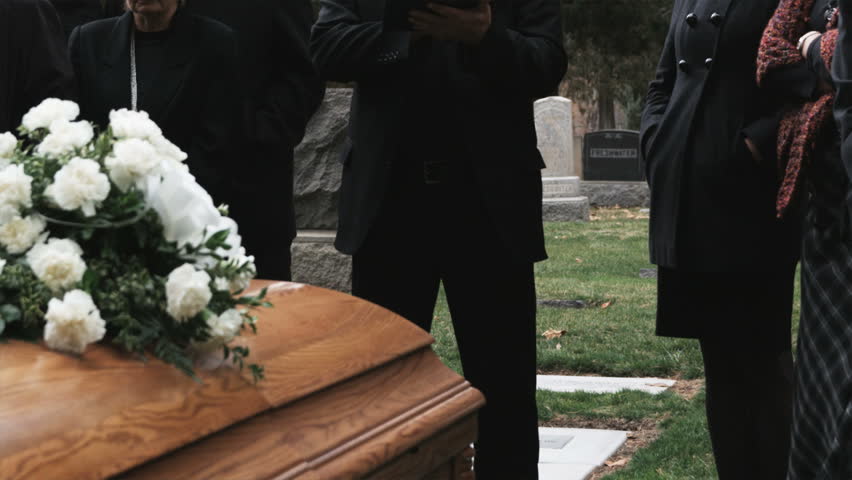After turning down family plans for 70 Sunday nights, waiting more than 70 weeks for a new episode, and using nearly 70% of your brain’s computing power remembering all of the interpersonal relations in Westeros (could Hot Pie the baker actually be the Prince That Was Promised?), Game Of Thrones is almost over. But we are told the best is yet to come next Sunday when the Battle Royale Extraordinaire between the living and the Army of the Dead face off in Winterfell. And so, with only a few episodes left, facing what will likely be the greatest CGI human slaughter of all time, I am left wondering ONLY one thing: Why wasn’t anyone in Winterfell drafting their Will? If


















